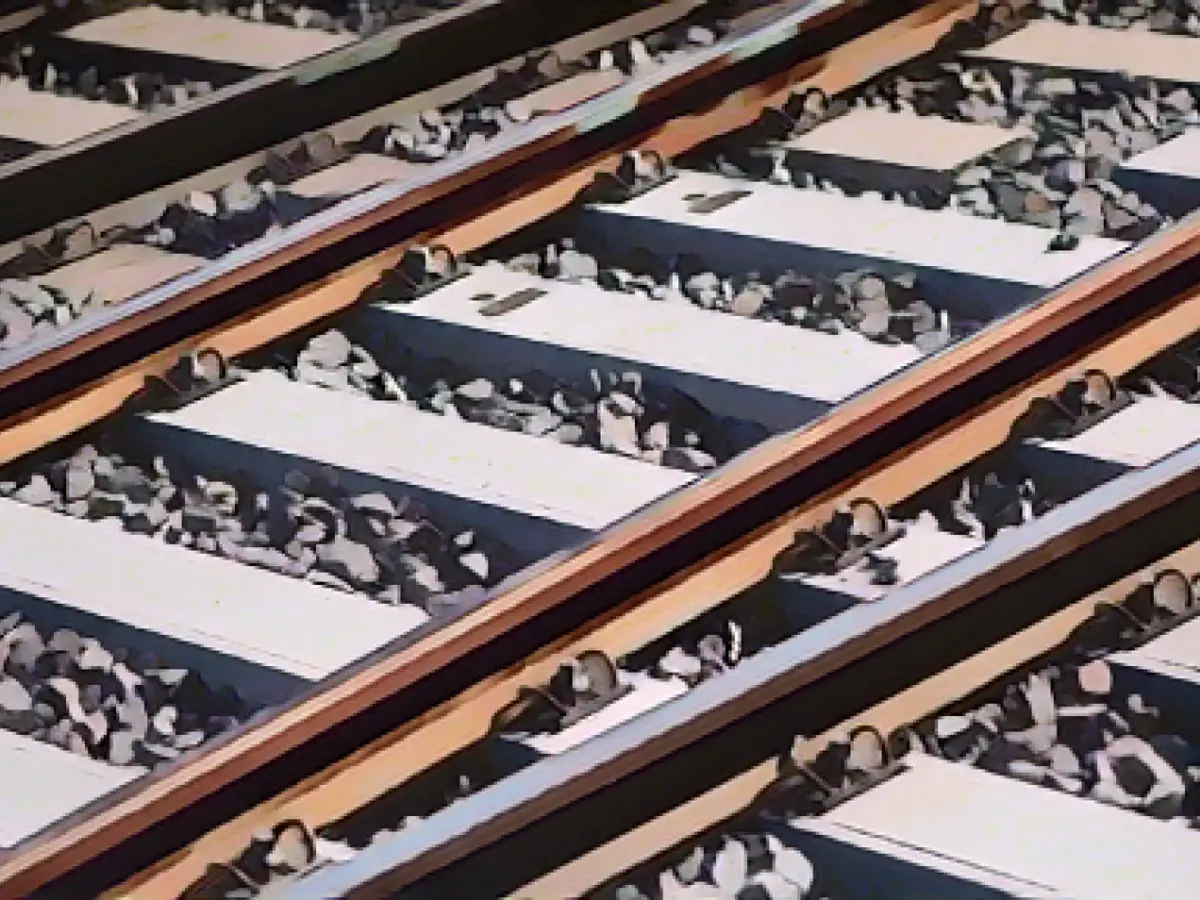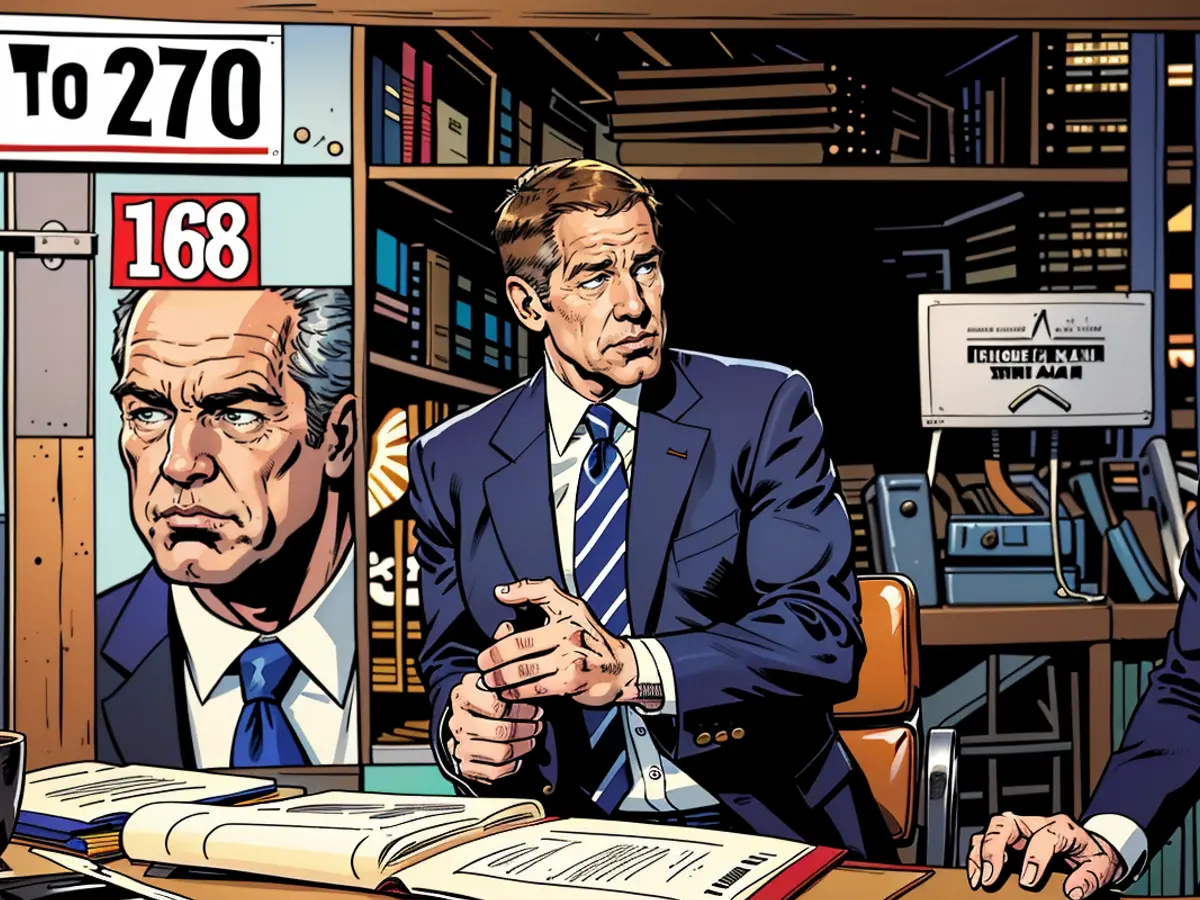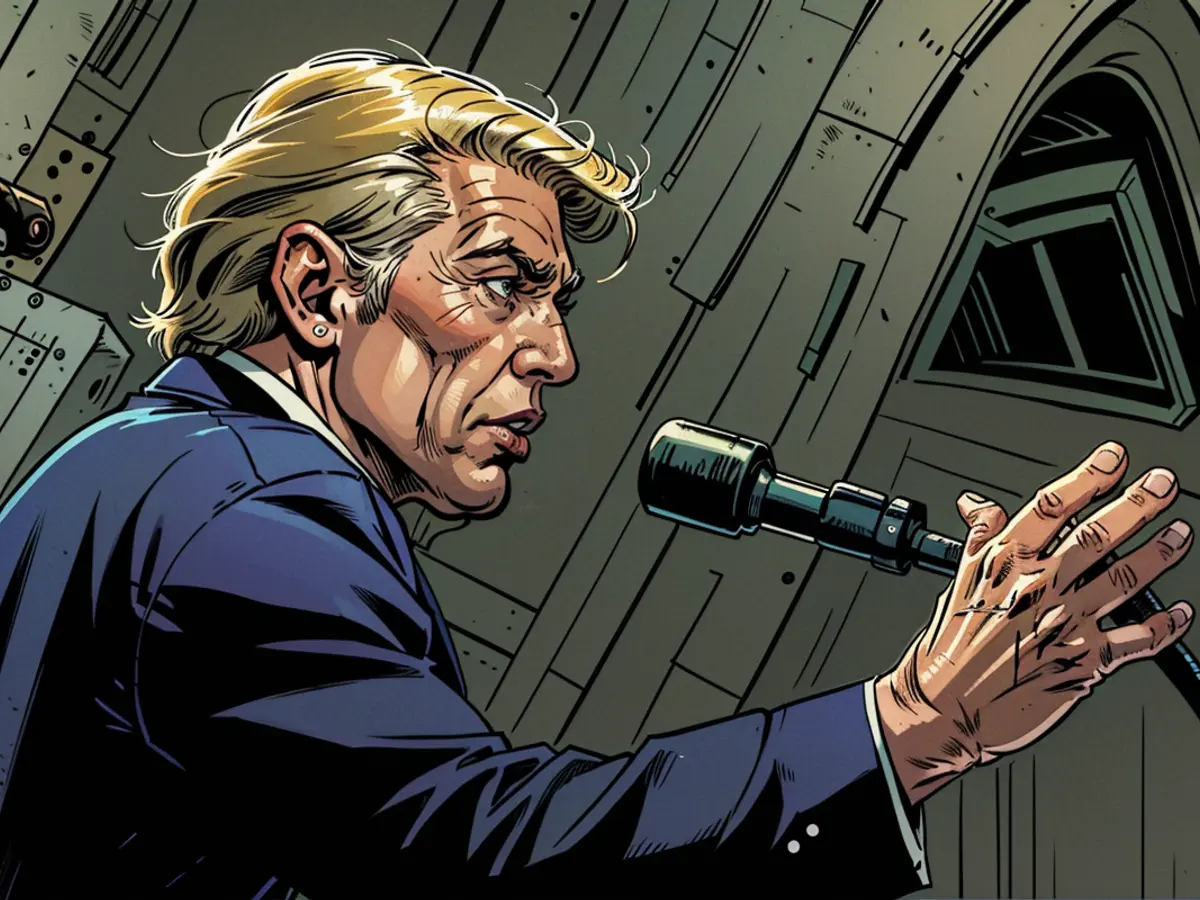Railroad - Federal rail projects in Lusatia make no progress
The federal government's rail projects in Lusatia are making slow progress. Numerous projects are being delayed by two to three years compared to the targets set for 2021, according to a response from the Federal Ministry of Transport to a question from left-wing member of the Bundestag Christian Görke, which was made available to the German Press Agency.
Two years ago, for example, the completion of planning for the electrification of the Berlin - Cottbus - Weißwasser - Görlitz line was still scheduled for 2031. According to the ministry, the project has now been postponed to 2034 and Deutsche Bahn expects the line to be commissioned in 2040.
The plans for the electrification of the Cottbus-Forst line have also been delayed from 2026 to 2029, while the final plans for the expansion of the Lübbenau-Cottbus line have been postponed by one year from 2024 to 2025 and the plans for the expansion of the Graustein-Spreewitz line from 2030 to 2032. In the 2021 inquiry, the years of implementation of the projects were still specified, but these are no longer listed in the current response for the most part.
In October 2023, the Bundestag passed a package of measures to speed up approval procedures in the transport sector. In future, construction projects on freeways and railroads are to get underway more quickly in order to eliminate bottlenecks more quickly. Specifically, various procedures for planning and approvals are to be simplified and accelerated. Federal Transport Minister Volker Wissing (FDP) had emphasized that a particular focus of the law would be on the railways.
The current response from the transport ministry is "a punch in the gut" for the whole of Lusatia, said the Left Party politician Görke. Instead of the much-vaunted acceleration of planning, the planning times and thus the implementation times were being considerably extended. "It's absurd: they are building a state-of-the-art railroad plant in Cottbus, but are making no progress with the rail expansion."
More planning capacity for the rail infrastructure is urgently needed in order to overcome the "bottleneck planning backlog" at DB, demanded Görke. In his opinion, one possible solution would be the establishment of a cross-state planning company in which the states of Brandenburg, Berlin and Saxony would work together with DB on specific Lusatia projects.
Read also:
- Will he be convicted as Jutta's murderer after 37 years?
- He also wanted to kill his cousin
- With live stream! Gawkers film dying man
- Is Saarland threatened with economic collapse?
- The delay in the federal government's rail projects in the Lausitz region is causing concern, especially for the completion of the Berlin - Cottbus - White water - Görlitz line, which was initially scheduled for 2031 but has been pushed back to 2034.
- The German Railroad (Deutsche Bahn) is now expecting the electrified Berlin - Cottbus - Weißwasser - Görlitz line to be commissioned in 2040, a significant delay from initial plans.
- In addition to the Berlin - Cottbus line, the plans for the electrification of the Cottbus-Forst line have also been delayed, now scheduled for 2029.
- The expansion of the Lübbenau-Cottbus line, which was originally planned for 2024, has been postponed to 2025, while the Graustein-Spreewitz line expansion, previously scheduled for 2030, is now planned for 2032.
- Christian Görke, a left-wing member of the Bundestag, criticized the federal ministry of transportation's response, stating that the delays are a "punch in the gut" for Lusatia.
- Görke suggested that to overcome the bottleneck planning backlog at the German Railroad, a cross-state planning company involving the states of Brandenburg, Berlin, and Saxony should be established in collaboration with DB to work specifically on Lusatia projects.
- Christian Görke, a key figure in this issue, hails from Görlitz, a city in Lausitz, and has been a vocal advocate for accelerating rail projects in the region. (German Press Agency)
Source: www.stern.de








